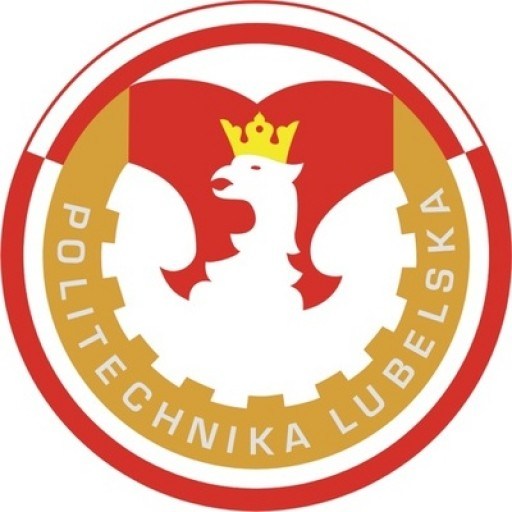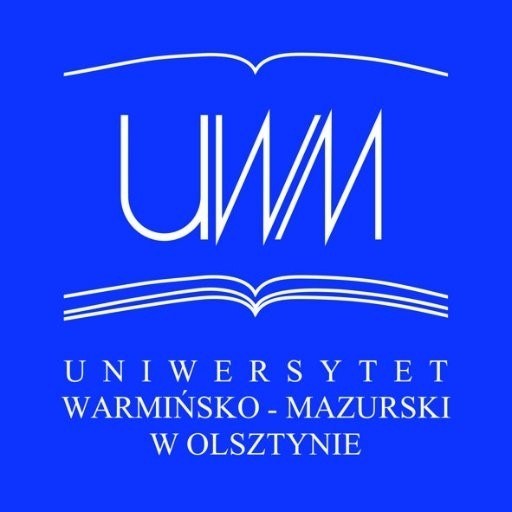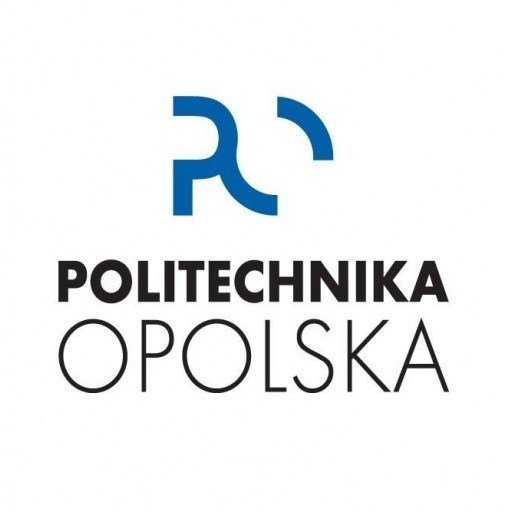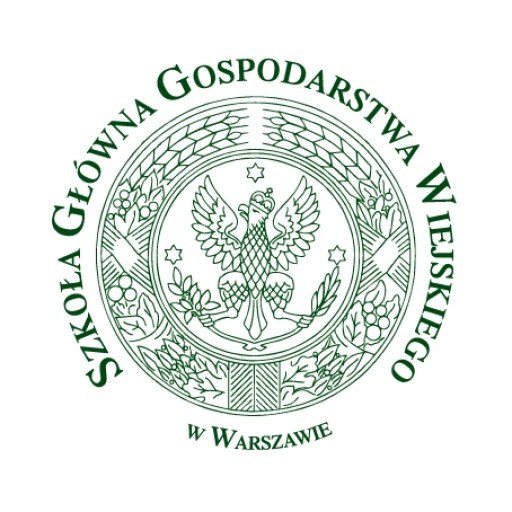eco-engineering at Bialystok University of Technology is a multidisciplinary field that combines principles from environmental sciences, engineering, and technology to develop sustainable solutions for environmental challenges. The program focuses on acquiring comprehensive knowledge and practical skills necessary to evaluate, design, and implement environmentally friendly technologies and systems. Students will learn about natural and technological processes, environmental protection, renewable energy sources, waste management, and ecological economics. The curriculum emphasizes innovative approaches to environmental engineering, including the use of modern tools and techniques for pollution control, water and air quality management, and sustainable infrastructure development. Practical training and laboratory exercises form a significant part of the program, preparing graduates to address real-world issues faced by industry, urban planning, and conservation efforts. Graduates will be equipped to work in areas such as environmental consulting, municipal and industrial waste management, renewable energy projects, and ecological system design. The program aims to foster a responsible attitude towards the environment, encouraging students to develop solutions that are economically viable and environmentally sustainable. With a strong emphasis on research and collaboration with industry, the eco-engineering degree prepares students for careers in both academia and the private sector, contributing to the development of green technologies and sustainable development strategies. Graduates will be capable of analyzing complex environmental problems, designing innovative engineering solutions, and implementing sustainable practices across various sectors. The program benefits from the university's state-of-the-art laboratories, research centers, and partnerships with industry leaders, ensuring students gain practical experience aligned with current market needs. Overall, the eco-engineering program at Bialystok University of Technology aims to educate future specialists committed to environmental stewardship and sustainable engineering innovations, addressing the pressing ecological challenges of our time while promoting economic growth and social well-being.
Eco-Engineering is a modern and interdisciplinary field of study offered at Bialystok University of Technology, designed to prepare specialists capable of addressing environmental challenges through innovative engineering solutions. The program focuses on the development, design, and implementation of environmentally friendly technologies and systems that promote sustainable development and the protection of natural resources. Students pursuing this degree acquire comprehensive knowledge in areas such as environmental engineering, renewable energy, waste management, water treatment, and ecological restoration. The curriculum combines theoretical foundations with practical applications, enabling graduates to effectively analyze environmental issues, design eco-efficient infrastructure, and implement sustainable practices in industry and urban development. Throughout the program, students engage with cutting-edge concepts like conservation techniques, pollution control technologies, and environmental impact assessment. They also develop skills in project management, environmental policy, and the use of advanced computer-aided design (CAD) tools relevant to eco-engineering projects. The program emphasizes teamwork, problem-solving, and critical thinking to prepare students for real-world environmental challenges. Practical training is integrated into the curriculum through laboratory work, field studies, and internships with industry partners, providing valuable hands-on experience. Graduates from the Eco-Engineering program are equipped to pursue careers in environmental consulting firms, renewable energy companies, municipal environmental departments, and research institutions. They can contribute to the development of sustainable urban and rural infrastructures, participate in environmental protection projects, and develop innovative solutions for ecological restoration. The program also encourages lifelong learning and continuous professional development to keep pace with rapidly evolving technologies and environmental regulations. By choosing Eco-Engineering at Bialystok University of Technology, students join a forward-looking educational community committed to creating a sustainable future through engineering excellence and environmental responsibility.
The Eco-Engineering program at Bialystok University of Technology is designed to prepare students for sustainable development and environmental protection through interdisciplinary knowledge and practical skills. Admission requirements typically include a completed secondary school education with a focus on sciences such as physics, chemistry, mathematics, or biology, demonstrating a strong foundational knowledge necessary for understanding ecological systems and engineering principles. Applicants are generally required to submit their high school diploma or equivalent and pass the university's entrance examinations or meet the specific criteria set by the university. Prior knowledge in mathematics and sciences is highly advantageous due to the technical nature of the program.
Candidates should also provide proof of English language proficiency, such as a valid TOEFL or IELTS certificate, if their prior education was not conducted in English. The program emphasizes practical experience, so relevant internships, projects, or extracurricular activities related to environmental engineering are considered beneficial. Additionally, motivation letters explaining the applicant's interest in eco-engineering and their career aspirations may be requested during the application process.
In some cases, the university may conduct interviews or assessment tests to evaluate the applicant's motivation and suitability for the program. The program attracts students with a passion for environmental sustainability, technological innovation, and ecological sciences, aiming to develop professionals capable of designing and implementing sustainable solutions in industry and urban development. The admission process prioritizes candidates with a strong academic background, environmental awareness, and a commitment to sustainable practices, aligning with the university's mission to promote environmentally conscious engineering. Overall, prospective students should ensure they meet the academic, language, and motivation criteria outlined by the university to successfully enroll in the Eco-Engineering program.
Want to improve your English level for admission?
Prepare for the program requirements with English Online by the British Council.
- ✔️ Flexible study schedule
- ✔️ Experienced teachers
- ✔️ Certificate upon completion
📘 Recommended for students with an IELTS level of 6.0 or below.
Finance of the Eco-Engineering program at Bialystok University of Technology is designed to provide students with comprehensive financial support options and clear information about tuition fees. The program's funding structure includes various mechanisms to facilitate access to higher education for a diverse range of students. Tuition fees are set annually and are competitive within the region, reflecting the university's commitment to affordability and quality education. International students may have different fee structures, often higher, and are encouraged to consult the university's official publications for detailed information.
Students enrolled in Eco-Engineering can benefit from multiple financial aid opportunities. Scholarships are available based on academic achievement, extracurricular involvement, and financial need. These scholarships are awarded by the university and can significantly reduce the financial burden of studies. Additionally, government grants and subsidies may be accessible to eligible students, particularly Polish citizens, aiming to support their educational pursuits.
Apart from scholarships and grants, students may also explore student loans, which are offered through various financial institutions in Poland. These loans typically have favorable repayment terms and low interest rates, helping students manage their educational expenses effectively. The university also participates in international exchange programs that sometimes include financial support, offering students the opportunity to study abroad while receiving funding or fee waivers.
Part-time employment opportunities are available for students wishing to earn income during their studies. The university's Career Office provides support in finding suitable part-time jobs, internships, and co-op positions related to Eco-Engineering, thus enabling students to gain practical experience while financing their education.
The total cost of studies varies depending on the student's nationality, chosen specialization, and additional curriculum options. The university regularly updates its fee structure, and detailed financial information, including specific amounts, deadlines, and application procedures for financial aid, can be found on the official Bialystok University of Technology website and the student portal. Prospective and current students are advised to consult these resources to obtain precise data regarding their financing options.
Overall, the Eco-Engineering program is designed to ensure that financial considerations do not hinder access to quality education. The university strives to offer a range of supportive measures, including scholarships, government grants, student loans, and part-time employment, to make studying in this innovative field as affordable and accessible as possible.
Eco-Engineering at Bialystok University of Technology is a multidisciplinary program designed to equip students with the knowledge and skills necessary to address environmental challenges through innovative engineering solutions. The program focuses on sustainable development, environmental protection, and the efficient use of natural resources. Students are introduced to topics such as renewable energy sources, waste management, ecological technologies, and environmental monitoring. The curriculum combines theoretical foundations with practical applications, including laboratory work, field studies, and project-based learning. Students learn about the design and implementation of eco-friendly technologies in various sectors, such as industry, energy, and urban planning. The program fosters an understanding of ecological systems and the ways to mitigate human impact on the environment. It prepares graduates to work in sectors related to environmental consultancy, renewable energy projects, ecological engineering, and sustainable development strategies. The faculty consists of experienced specialists in environmental engineering, biology, chemistry, and related disciplines, who guide students through complex environmental issues and innovative solutions. The program also encourages international cooperation and participation in research projects, providing students with a global perspective on ecological challenges. Graduates of Eco-Engineering acquire competencies in technical design, environmental assessment, and project management, making them valuable assets in the growing green economy. The university’s infrastructure supports modern educational methods, with well-equipped laboratories, environmental simulation facilities, and opportunities for internships with industry partners. Overall, Eco-Engineering at Bialystok University of Technology aims to produce environmentally conscious engineers ready to contribute effectively to sustainable development and ecological resilience.










